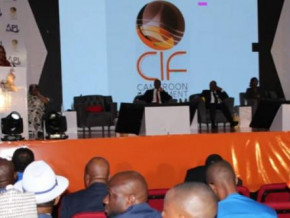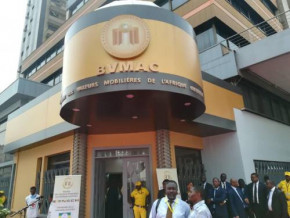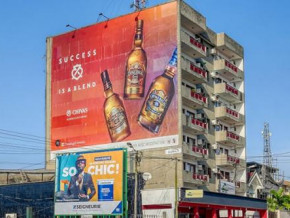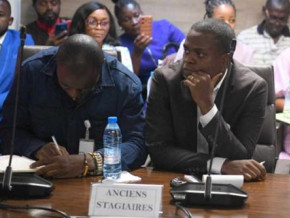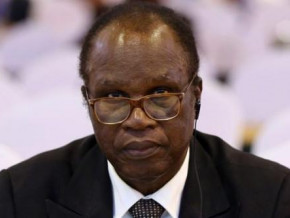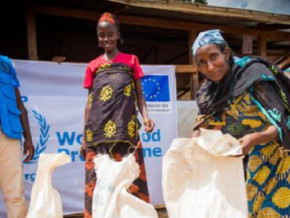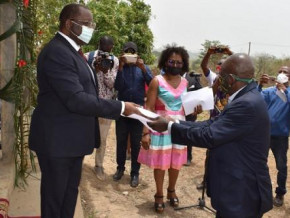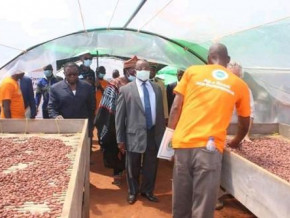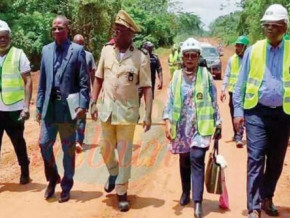
Public contracts: MINMAP denounces unlawful requests for mutual agreements and direct labour procedures authorizations
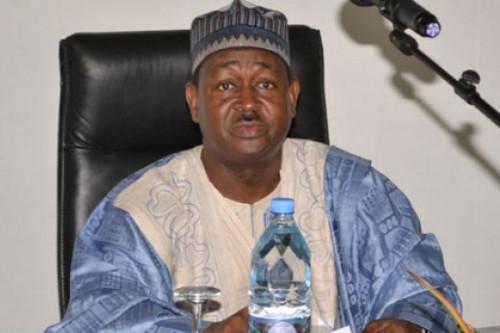
(Business in Cameroon) - On February 15, 2021, the Ministry of Public Contracts (MINMAP) published a circular letter reminding project owners and delegated project owners about the rules governing ‘requests for authorization of the mutual agreement or state control special procedures’ in the execution of public works.
"I have noticed that many project owners and delegated project owners in general, heads of municipal executives, in particular, are eager to request for authorizations of the mutual agreement or direct labor special procedures to carry out their projects, to the detriment of invitations to tender which constitute the normal public contracts award procedure and which, moreover, have the advantage to execute public procurement at competitive costs," indicates the circular letter signed by Minister of Public Contracts Ibrahim Talba Malla (photo).
The circular explains that the reasons often provided to justify the mutual agreement requests are usually not listed in article 109 of the public procurement code.
Indeed, as the MINMAP reminds, the said article provides that public work contracts can be awarded by mutual agreement when the awardee is the only one that can provide the service involved or has the patent, the expertise, or know the processes required to carry out the works involved.
The article also states that mutual agreement can only be sought for supplies, services, or works that are complementary to those already entrusted to the awardees after public contract awarding procedures. The resulting supplementary agreement can only cover supplies, services, or works that are not included in the initial contract concluded and have become crucial due to unforeseen circumstances beyond the control of parties involved. In addition, the supplies, services, or works should not be included in the supplementary agreement if they can technically or economically be separated from the main contract, according to the above-mentioned article.
"Any request whose reasons do not fit into one of the cases referred to above shall have no outcome and no positive response," the MINMAP warns.
Direct labor special procedures
"With regard to requests for authorizations to carry out works through direct labor which, for some project owners, seems to have become the preferential method for the execution of public expenditure, many of them request for this authorization without complying with article 5, paragraph kk of the public contracts code which defines state control as the ‘process by which the administration decides to execute works using its own material and human resources," the release reads.
The MINMAP adds that as the authority in charge of public contracts, it will ensure the "strict application of the aforementioned provision," by approving recourse to direct labor to only project managers and delegated project managers who meet the above-mentioned conditions.
Repeated violation of the public procurement code
This is not the first time the MINMAP is denouncing abuses in the public procurement sector. In 2019, it notified governors, prefects as well as public administrations’ representatives in regions and departments about malpractices when contracts are awarded through mutual agreement.
To stop the malpractices it identified, the MINMAP indicated that only governors and prefects (as delegated project managers and the only authorities habilitated to request mutual agreement authorizations from the MINMAP) could award or sign public work, supply, or services contracts in their respective jurisdictions.
According to the Ministry of Public Contracts, the project managers and delegated project managers are increasingly recoursing to mutual agreements because they receive kickbacks. From 2011 to 2017, 46% of the public contracts were awarded by mutual agreements. However, with a reform initiated in 2018, the percentage dropped to 14%, closer to the international standards of 10.
Sylvain Andzongo
Mags frontpage
- Most read 7 days
- shared 1 month
- read 1 month



